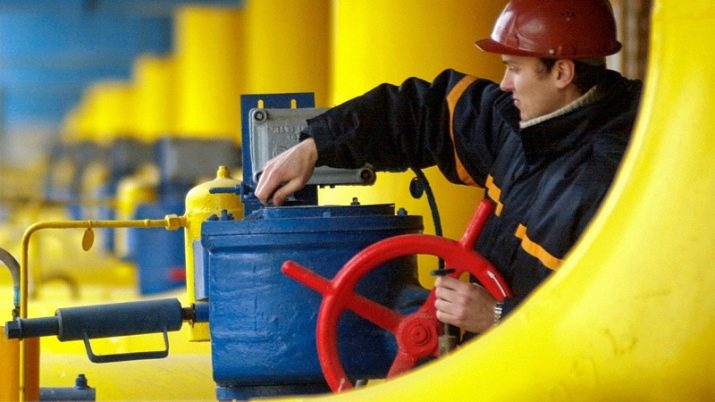All about the profession of compressor operator
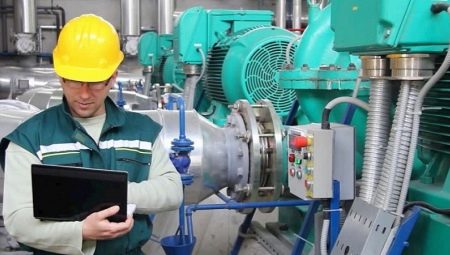
School drivers and teachers, paramedics and divers, slingers and border guards - such work is more or less understandable to most people. But there are areas of activity that are much more difficult to understand, far from everyday practice and simple comprehension. Therefore, it is necessary to find out, for example, everything about the profession. compressor operator - then the choice of this specialization will be fully realized.
Peculiarities
When giving a general description to the compressor operator, it should be pointed out right away that manipulating various types of process compressors does not necessarily imply a fixed workplace. Indeed, many compressors are of a mobile type, that is, they are installed on vehicles, and not at a construction site or industrial enterprise. Anyway, a specialist is responsible for the entire cycle of equipment operation... After all, the slightest failure is enough for the technological operation to be not performed, and the company suffered serious material and reputational losses.
This profession, like any other, has positive and negative sides. There are a lot of technological compressors in our country. And therefore the likelihood of being unemployed is relatively low... The career prospects are also impressive enough.
But you have to understand that the compressor driver is always a risk. And the level of responsibility is quite high, and in the event of a mistake, it will not work to shift the blame onto someone else.
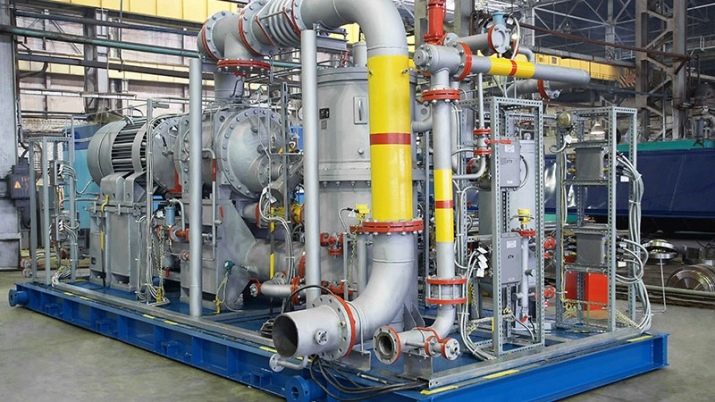
Responsibilities
It is most correct to characterize the duties of this professional according to ECTS. He will:
- service the main components of the technological chain;
- maintain connection nodes and oil distribution systems;
- monitor the correct consumption of water, antifreeze and other process fluids;
- start and stop the units at the direction of the management or as needed;
- perform simple adjustments in the entrusted area;
- service individual process compressors;
- regulate the operating modes of units in production;
- promptly switch low-voltage electrical installations to the required modes;
- find and fix simple malfunctions in the equipment used;
- maintain repair forms.
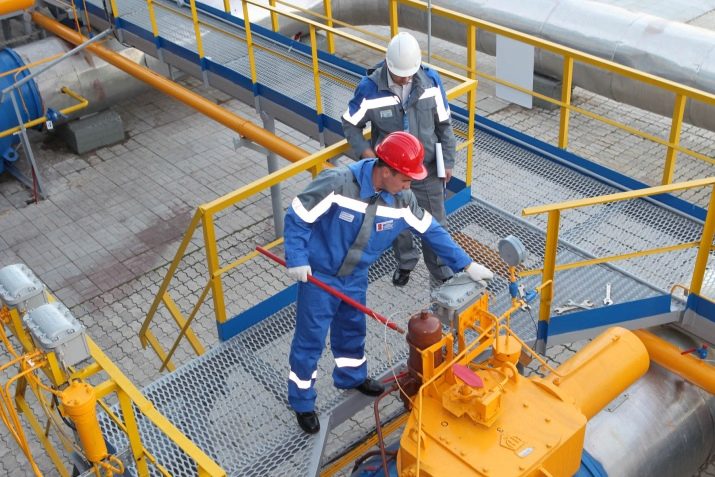
The most qualified compressor operators:
- serve compressor stations in general, control panels;
- deal with general shop systems for the handling of compressed substances;
- take technological systems for repair;
- adjust compressors, their drives and apparatuses;
- work with auxiliary equipment in the shop;
- coordinate the work of lower class drivers.
It is worth noting a number of prohibitions that compressor operators must strictly follow. So, they are allowed to work only in tight clothing that does not flutter and is fully buttoned. Rooms with compressor units should be free of any extraneous equipment and apparatus.
During the operation of the compressors, it is necessary to carefully monitor their operation and all sounds. If an oil or water leak is noticed, the technician must not only remove it, but also immediately identify the cause of the leak and then eliminate it.
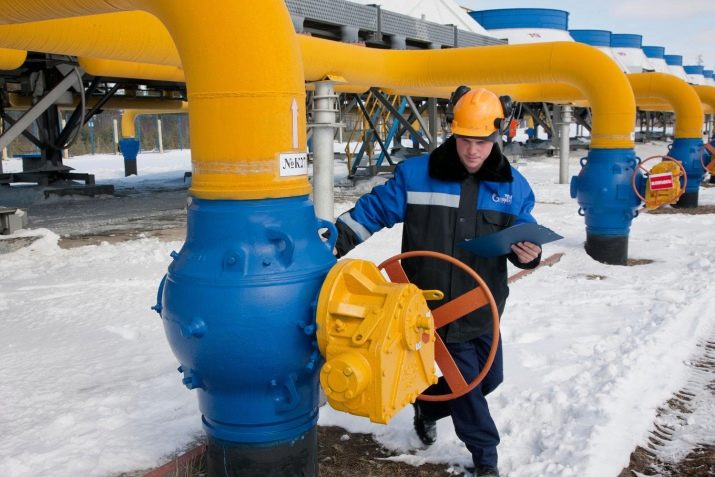
Knowledge and skills by category
Compressor unit operator, grade 4 - this is already a fairly serious specialist. He must know how the compressors and their drives are arranged, how the entire system is controlled as a whole, what abnormal situations may arise in operation. We'll have to study the main control devices and protection systems of technological equipment and personnel. You will need to know the characteristic signs of an abnormal development of events and ways to eliminate them. If the drive of the pumping system operates on electric current, there is nothing to do in the workshop for a person who does not have group III for electrical safety.
Higher requirements are imposed, naturally, to the drivers of the 5th category. Those should already know not only the general structure of the entrusted equipment, but also the schematic diagrams of control automation, the rules for its use. It will be necessary to study the general structure and the main principles of the control and measuring equipment, sensors included in the control system. After all, all this will have to be repaired and special documentation drawn up so that later the involved professionals can understand the situation. If the systems are electrified, you will have to obtain an IV group of electrical approval.
But the most stringent requirements await applicants for 6th grade in the profession. Such compressor operators must know:
- how gas is transported (basics of technology);
- layouts of pipelines in the shop and at the enterprise as a whole;
- rules for the use of automatic control systems;
- technical conditions and rules of thumb for all types of repair and adjustment of production devices;
- basic approaches to the repair of drives, valves;
- technological subtleties of gas lift and cycling process.
It is also worth mentioning the following skills:
- readiness to lubricate the compressor and associated equipment;
- monitoring the quality of safety systems;
- timely detection of signs of a critical situation;
- knowledge of working pressures, temperatures and other parameters at each link in the technological chain;
- the ability to detect overheating in time and eliminate it;
- brands of lubricants, their features and application nuances.
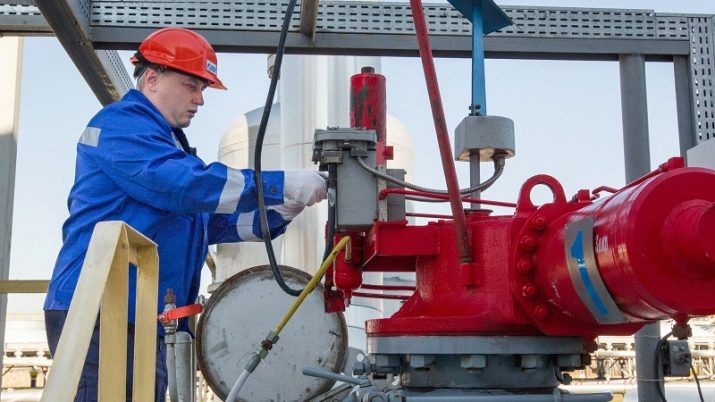
Education
In order to become a compressor operator, you need to get specialized secondary education in the relevant profile. Such training is carried out in various educational institutions in our country. But first of all, we can recommend:
- Technological College of Moscow;
- 33rd Moscow Food College;
- Polytechnic Kazan College;
- construction and energy Volga College;
- Omsk technical school of meat and dairy industry;
- machine-building college of Krasnodar;
- industrial college of Volgograd.
The same profession is taught in some higher educational institutions. So, such training is carried out at the Faculty of Secondary Education Research Technological University in Kazan... And in department of secondary vocational education of the Baltic University named after Kant. And there is also:
- Marine Technological College at Vladivostok University named after Admiral Nevelskoy;
- Polytechnic College at the Peter I University in St. Petersburg;
- Petersburg Fisheries College (this time - a representative office of the Kaliningrad Technical University);
- multidisciplinary college at Tyumen State University.
If these educational institutions do not seem to be enough, then you can still consider:
- Ufa College of Industry Technologies;
- technical school of power engineering and communications in Volgograd;
- Lushnikov Petrochemical College (Kazan);
- educational complex named after Talalikhin (Moscow);
- College of Economics and Technology (Yekaterinburg);
- Vladivostok Fisheries College at the Far Eastern Technical Fisheries University.
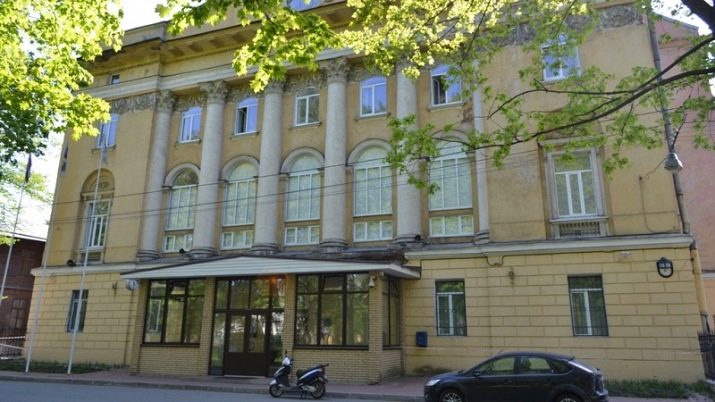
Workplace
Since the compressor operator works with complex technological equipment of a long distance (including air lines), he has to constantly move. When qualifying a work site, take into account:
- the level of biological threat;
- the number of pathogenic microorganisms;
- concentration of hazardous organic substances;
- air saturation with dust and aerosols;
- noise level;
- the intensity of exposure to ultrasound and infrasound;
- total and local vibration;
- electromagnetic fields;
- radiation without ionizing effect;
- ionizing radiation;
- air temperature, pressure and humidity;
- the speed of air movement in the room;
- thermal radiation level;
- illumination.
Industry regulations require compressor operators to wear protective clothing. It is mandatory even in cases where the workplace certification did not reveal any deviations from the established requirements. The safety regulations state that no one under 18 years of age should be allowed to do this work. To protect against potentially dangerous factors, use:
- noise absorption means;
- dielectric gloves;
- dielectric shoes;
- overalls or cotton suits;
- combined mittens.
